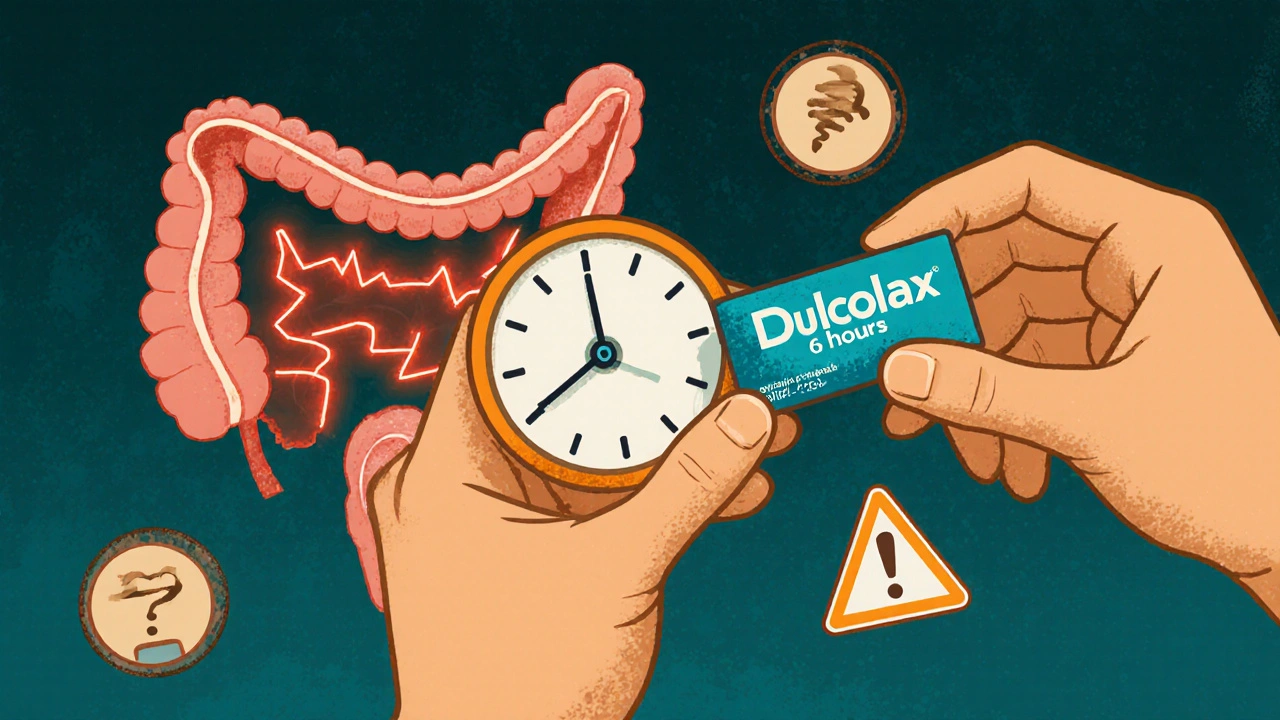Laxatives: What They Are, How They Work, and What You Need to Know
When your body won’t move things along, laxatives, medications designed to help trigger or ease bowel movements. Also known as stool softeners or bowel stimulants, they’re one of the most common over-the-counter remedies for constipation—but they’re not all the same, and using the wrong kind can do more harm than good. Whether you’re dealing with occasional bloating or chronic issues, knowing how each type works helps you choose wisely and avoid side effects like cramping, dehydration, or dependency.
Stool softeners, a type of laxative that draws water into the stool to make it easier to pass. These are often the safest for short-term use, especially after surgery or during pregnancy. Then there are osmotic laxatives, like polyethylene glycol or magnesium hydroxide, which pull fluid into the intestines to trigger movement. They’re effective but can cause diarrhea if overused. Stimulant laxatives, including senna and bisacodyl, force the colon muscles to contract. They work fast, but relying on them regularly can weaken your natural bowel function over time. And don’t forget bulk-forming laxatives, like psyllium husk, which act like fiber to add bulk and gently push things through. These are ideal for long-term use if you’re not getting enough fiber in your diet. Each one has a different purpose, and mixing them up without knowing why can lead to confusion—or worse, health problems.
Many people turn to laxatives after ignoring early signs of constipation—like infrequent stools, straining, or a feeling of incomplete emptying. But if you’re using them more than a few days a week, it’s not just about relief anymore. It’s a signal that something deeper might be going on: low fluid intake, lack of movement, thyroid issues, or even side effects from other meds like opioids or antidepressants. The posts below cover real cases where people confused laxative types, missed warning signs, or ended up with rebound constipation after overuse. You’ll find comparisons between common brands, tips for avoiding dependency, and what doctors really recommend when lifestyle changes aren’t enough. There’s also advice on when to skip laxatives entirely and how to talk to your pharmacist about safer alternatives. This isn’t about quick fixes. It’s about understanding your body so you don’t end up trading one problem for another.

- 10 Comments
Dulcolax (bisacodyl) works fast for constipation but isn't safe long-term. Compare it to stool softeners, magnesium, psyllium, and lactulose to find the right fit for your needs.
